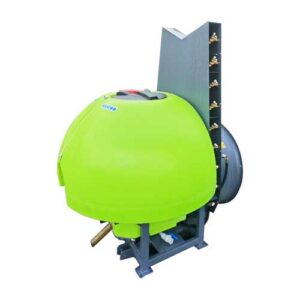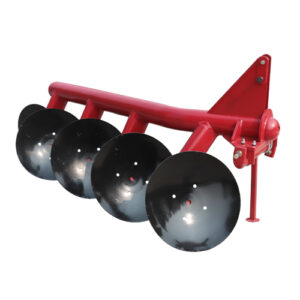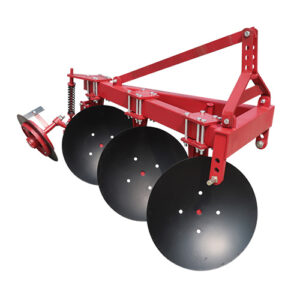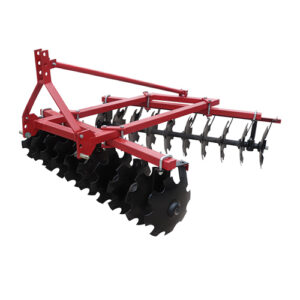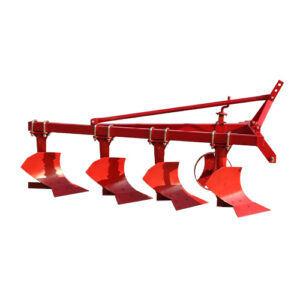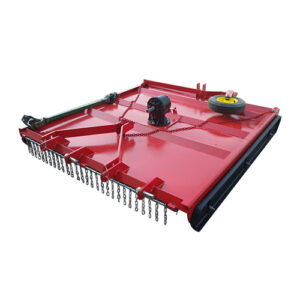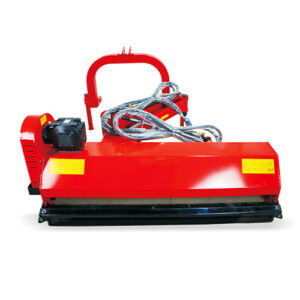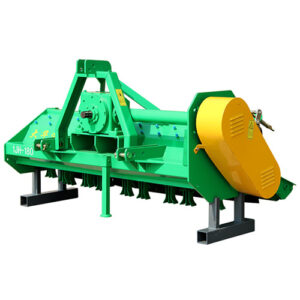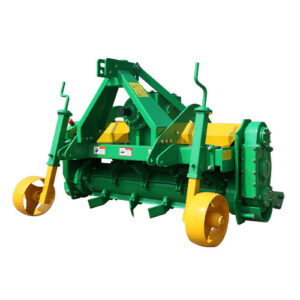Welcome to My Blog!
Before we dive into the content, I’d love for you to join me on my social media platforms where I share more insights, engage with the community, and post updates. Here’s how you can connect with me:
Facebook:https://www.facebook.com/profile.php?id=100092064188332
LinkedIn:https://www.linkedin.com/showcase/99315626/admin/dashboard/
YouTube:https:/www.youtube.com/@user-uy6lq2nu1z
Now, let’s get started on our journey together. I hope you find the content here insightful, engaging, and valuable.
Introduction
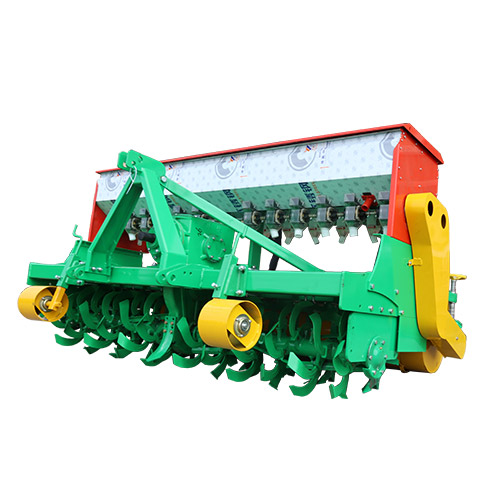
Farm seeders, also known as seed drills, are machines designed to plant seeds at specific depths and spacing, ensuring uniformity and optimal growth conditions. The quality of a farm seeder can significantly impact the success of a farming operation, from the germination rate to the final yield. This guide will delve into the features, benefits, and types of farm seeders, highlighting why they are essential for modern agriculture.
Understanding Farm Seeders
To fully appreciate the importance of a high-quality farm seeder, it’s crucial to understand what they are and how they function.
What is a Farm Seeder?
A farm seeder is a mechanical device used to sow seeds in a field. It is designed to place seeds at the correct depth and spacing, ensuring even germination and growth. Farm seeders can be towed behind a tractor or pulled by hand, depending on the model and size.
Key Features of Farm Seeders
- Precision Planting: High-quality farm seeders offer precise seed placement, which is crucial for uniform germination and growth.
- Adjustable Depth Control: The ability to adjust the seeding depth allows farmers to optimize seed placement for different soil conditions and crop types.
- Variable Seed Rates: Quality seeders often feature variable seed rate settings, enabling farmers to match seed density to field conditions and crop requirements.
- Fertilizer Integration: Some models can be equipped with fertilizer hoppers, allowing for simultaneous seeding and fertilizing.
Benefits of High-Quality Farm Seeders
Investing in a high-quality farm seeder can provide numerous benefits that contribute to the efficiency and productivity of a farming operation.
Increased Crop Yield
A high-quality farm seeder ensures even seed distribution, leading to more uniform crop growth and higher yields.
Time and Labor Efficiency
Precision planting reduces the need for manual seed planting, saving time and labor costs.
Improved Seed Germination
Proper seed depth and spacing contribute to better germination rates, reducing the need for re-seeding and ensuring a healthier stand.
Cost-Effectiveness
While the initial investment may be higher, the long-term benefits of increased yields and reduced labor costs make high-quality farm seeders a cost-effective choice.
Types of Farm Seeders and Their Applications
Farm seeders come in various types, each designed for specific farming needs and conditions.
Single-Row Seeders
- Description: Designed for small-scale farming or planting a single row of seeds at a time.
- Applications: Ideal for small gardens, orchards, or planting seedlings.
Multi-Row Seeders
- Description: Capable of planting multiple rows simultaneously, increasing planting efficiency.
- Applications: Suited for large-scale farming operations and commercial crop production.
No-Till Seeders
- Description: Designed to plant seeds without tilling the soil, preserving soil structure and reducing erosion.
- Applications: Useful for conservation agriculture and organic farming practices.
Air Seeders
- Description: Use air pressure to meter and place seeds, allowing for precise seed placement.
- Applications: Ideal for large fields and where high planting accuracy is required.
A Comparative Analysis of Farm Seeder Types
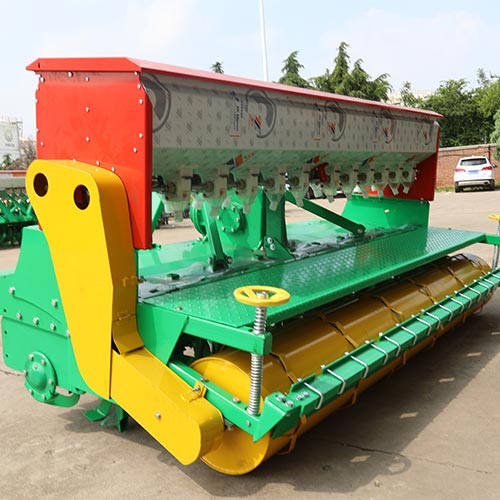
To assist in your decision-making, here’s a comparative analysis of different types of farm seeders:
Farm Seeder Comparison Table
| Seeder Type | Seeding Capacity | Precision | Fertilizer Integration | Suitable Soil Conditions |
|---|---|---|---|---|
| Single-Row | Low | High | No | Various |
| Multi-Row | High | Moderate | Yes | Well-prepared soils |
| No-Till | Moderate | High | Yes | Conservation areas |
| Air Seeder | High | Very High | Yes | Dry, open fields |
This table provides a snapshot of how different types of farm seeders compare in terms of key features that are often considered in agricultural equipment selection.
Making the Right Choice
When selecting a farm seeder, consider how the machine will be used, the environment it will operate in, and the required performance specifications.
Usage and Environment
Consider the size of your farm, the types of crops you grow, and the soil conditions. Will the seeder be used for small-scale planting or large-scale commercial production? The terrain and climate conditions of your farm are also crucial factors.
Performance Specifications
Ensure the seeder has the capacity and precision needed for your specific planting requirements. This includes not only the seeding capacity but also the ability to handle different seed types and sizes.
Budget and Maintenance
Factor in the initial purchase price and ongoing maintenance costs when creating your budget. While high-quality seeders may have a higher upfront cost, their long-term benefits in terms of increased yields and reduced labor can justify the investment.
Operator Comfort and Safety
Operator comfort and safety should not be overlooked. Look for seeders with ergonomic controls, low vibration, and safety features such as rollover protection structures to ensure a comfortable and safe operation.
Conclusion
A high-quality farm seeder is an essential tool for modern agriculture, offering precision planting, increased yields, and cost-effectiveness. By understanding the features, benefits, and types of farm seeders, farmers can make informed decisions that will enhance the efficiency and success of their farming operations. As the world continues to seek sustainable and efficient agricultural solutions, farm seeders play a pivotal role in achieving these goals.
FAQ
Q: What are the main advantages of using a high-quality farm seeder?
A: The main advantages include increased crop yield, time and labor efficiency, improved seed germination, and cost-effectiveness.
Q: How do I determine the appropriate type of farm seeder for my farm?
A: Consider factors such as the size of your farm, the types of crops you grow, soil conditions, and your specific planting requirements. Single-row seeders are suitable for small-scale planting, while multi-row seeders are ideal for large-scale operations.
Q: What should I look for in terms of performance specifications?
A: Look for a seeder with the capacity and precision needed for your planting requirements, including adjustable seeding depth, variable seed rates, and the ability to handle different seed types and sizes.
Q: How do I maintain a farm seeder?
A: Regular maintenance includes cleaning, inspecting for wear and tear, and ensuring all components are functioning correctly. It’s also important to follow the manufacturer’s guidelines for maintenance and servicing to keep the seeder in optimal condition.
Q: Are there any safety precautions I should take when using a agricultural seeder?
A: Yes, safety is crucial when operating a agricultural seeder. Always wear protective gear, including gloves and safety glasses. Keep children and pets away from the working area, and never remove safety guards or attempt to use the seeder without all safety features in place.


